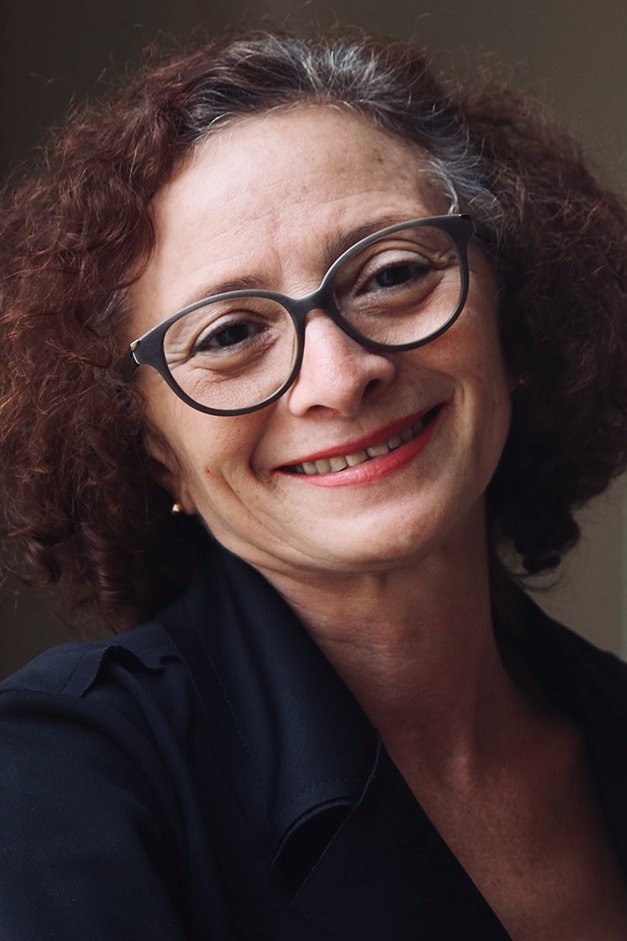
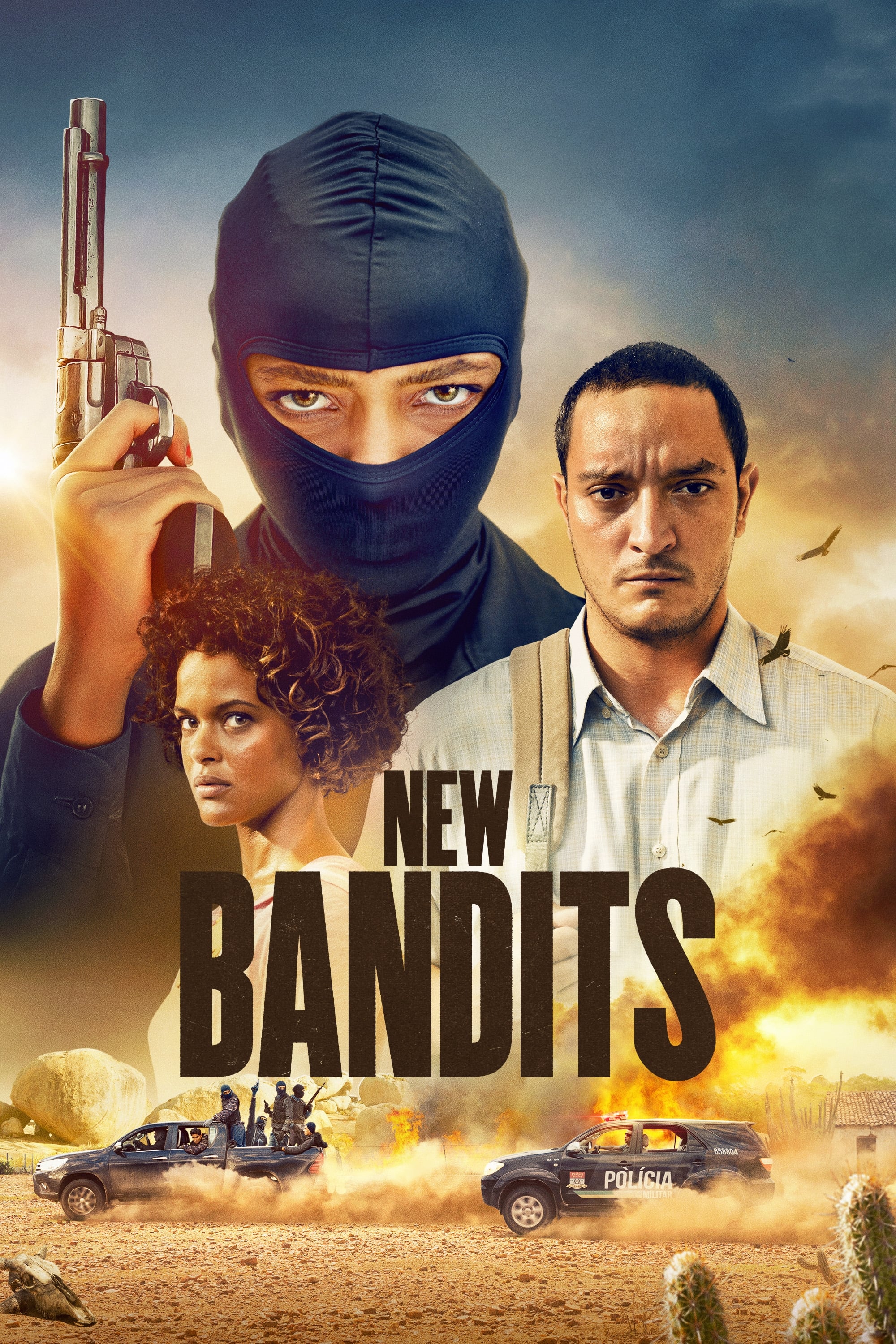
Adrift and desperately needing money to pay for his ailing adoptive father's care, Ubaldo, a bank clerk who's unable to remember his childhood, receives an inheritance that will change his destiny for good. He goes to Cratará, in the heart of the northwest desert, where he'll become the leader of a pack of ruthless bandits, fulfilling the legacy of his biological father - a mythical cangaceiro.

A street vendor who lives in the outskirts of São Paulo returns home at night and does not find her teenager son. After a nonstop search, she finds out the boy was killed by the police and his body is missing. This is the beginning of this woman’s vertiginous fight for the right to bury her son, a fight that will not only unveil the excessive violence of one of most lethal police forces of the world, but also how structural is racism in Brazilian society.

Young Alice lives with her mother Helena in Ciarema, in a house facing the sea. The residence suffers from the advance of the sea levels. The daughter, an environmentalist, plans to move elsewhere, but the mother wants to stay in town. They need to find a solution together.
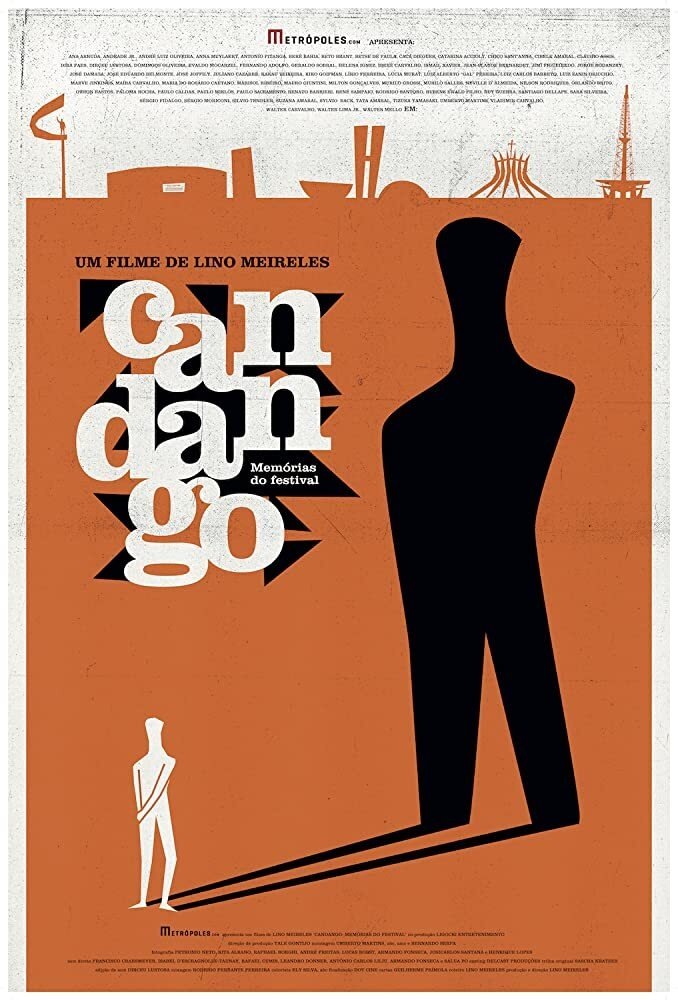
In 1965, a year after the military coup in Brazil, an oasis of freedom opened in the country's capital. The Brasília Film Festival: a landmark of cultural and political resistance. Its story is that of Brazilian cinema itself.
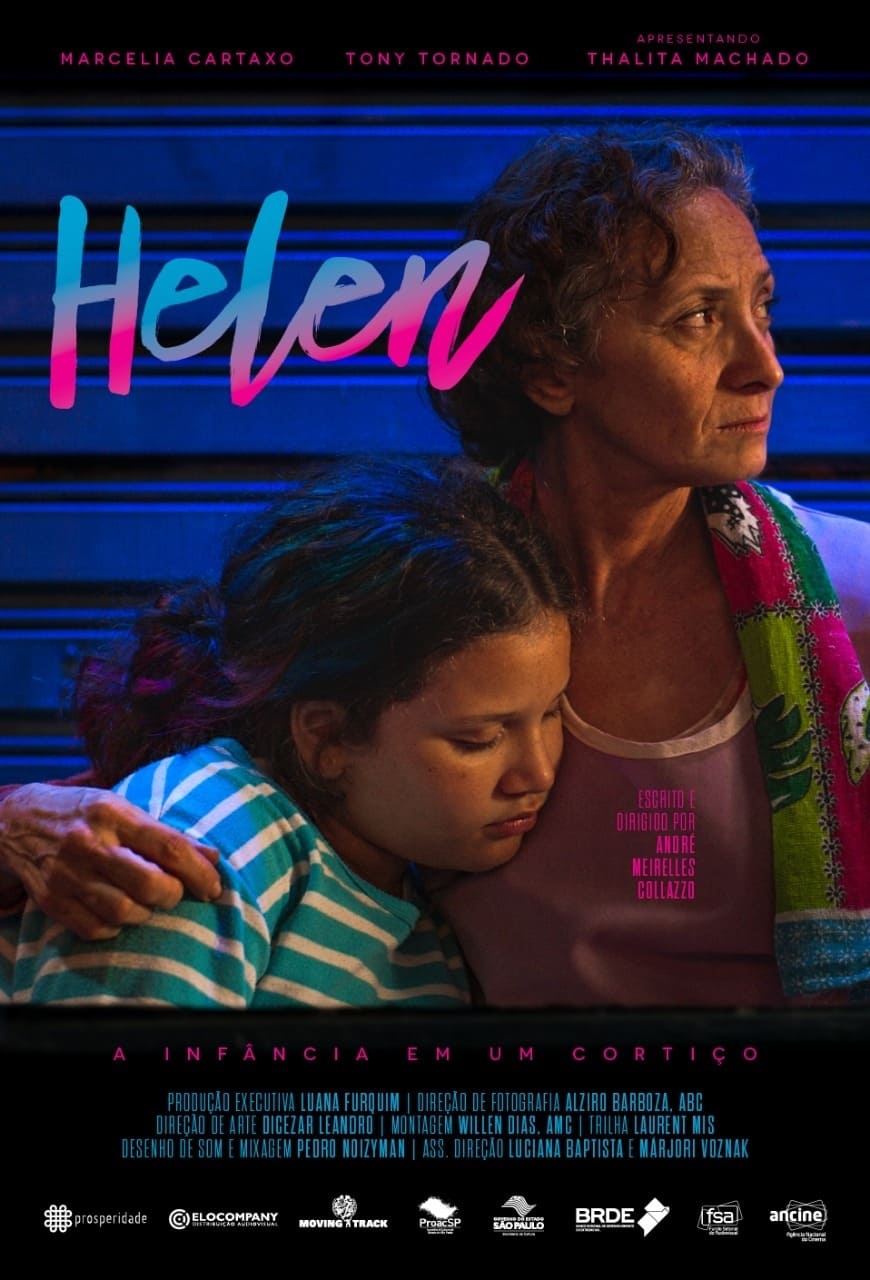
Helen lives in a cortiço with her grandmother, Mrs. Graça, who supports the family with informal jobs, such as selling skewers. Still very naive, her biggest concern is buying her grandmother a birthday present: a makeup kit. The girl is going to bend over backwards to get the money and her search will reveal the daily life of those living in tenements, outlining a collective story from the network of relations that the girl establishes.
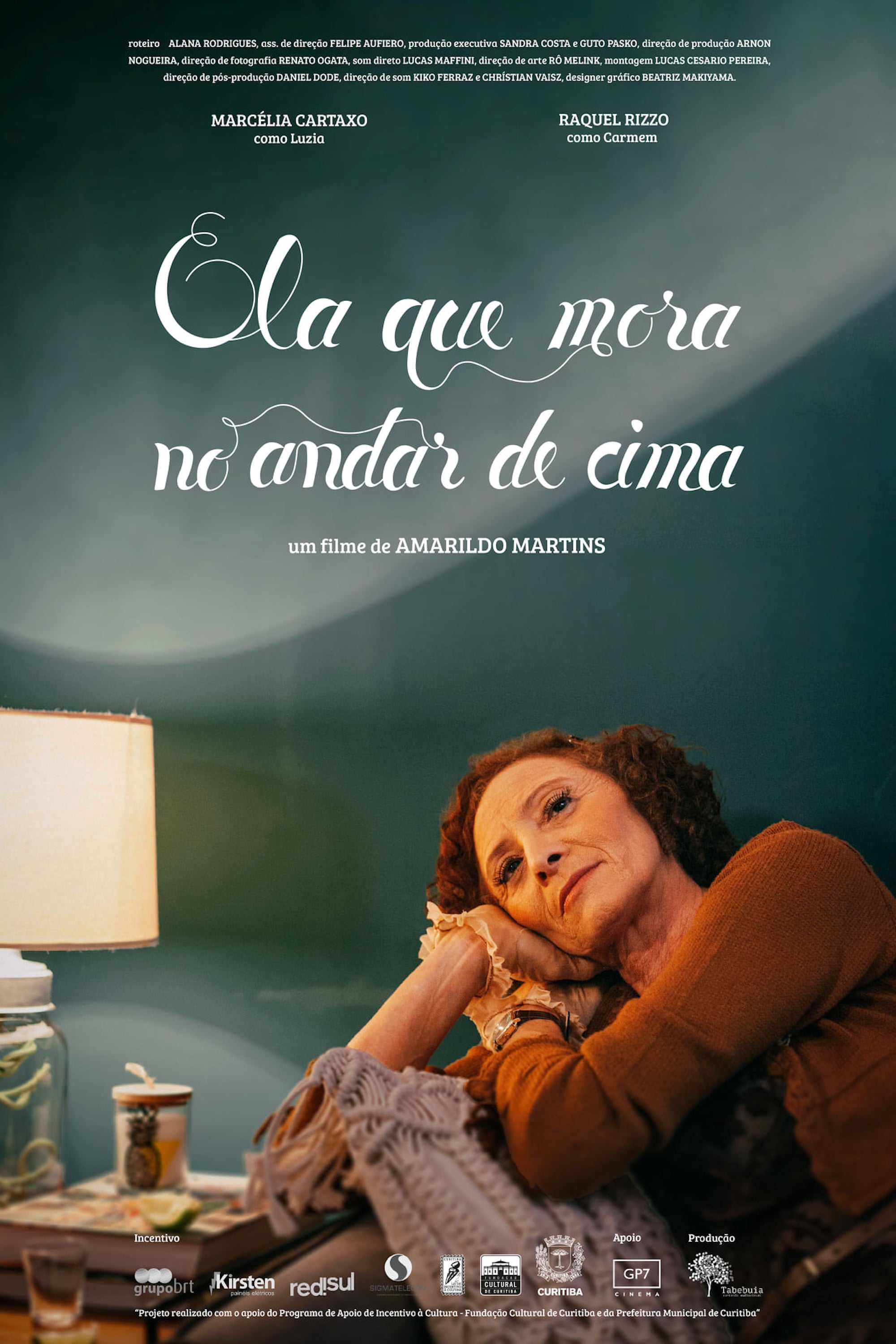
Luzia consumes all the sweets from the neighboring baker, Carmen. Friendship evolves into a platonic passion, which brings a new flavor to Luzia's bitter days.
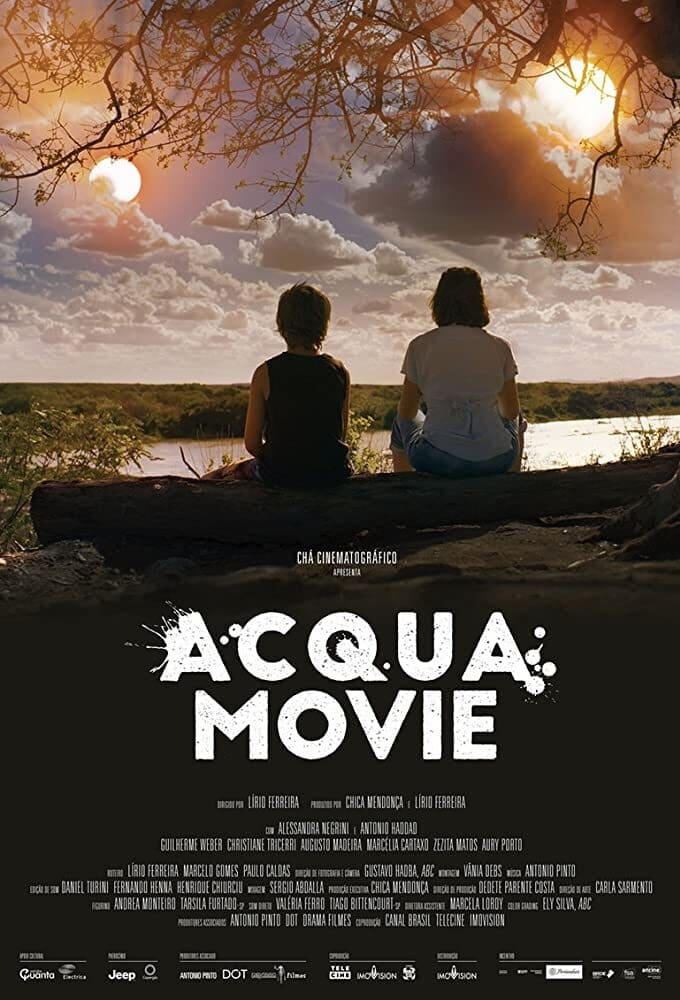
A documentarist is convinced by her son to travel to Brazil's Northeast so she can throw his dad ashes at São Francisco river.
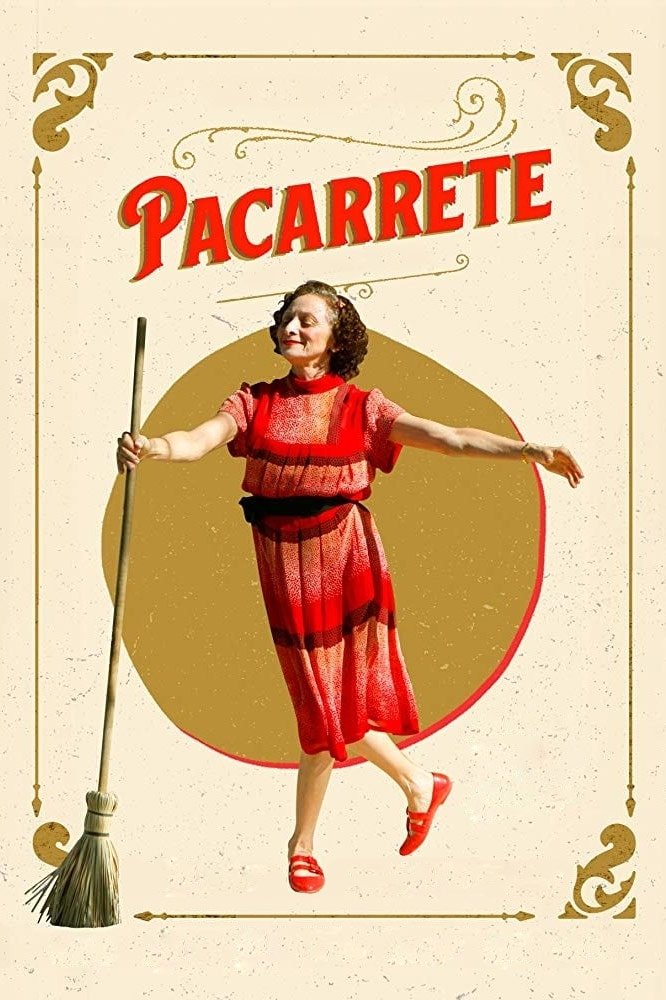
Russas, a small town in northeastern Brazil, is the home of Pacarrete, a grumpy retired dance teacher who dreams of getting a big shot and starring at a dance spectacle for the whole town to see. She's close to fulfilling that dream, but not without overcoming a few impediments along the way.
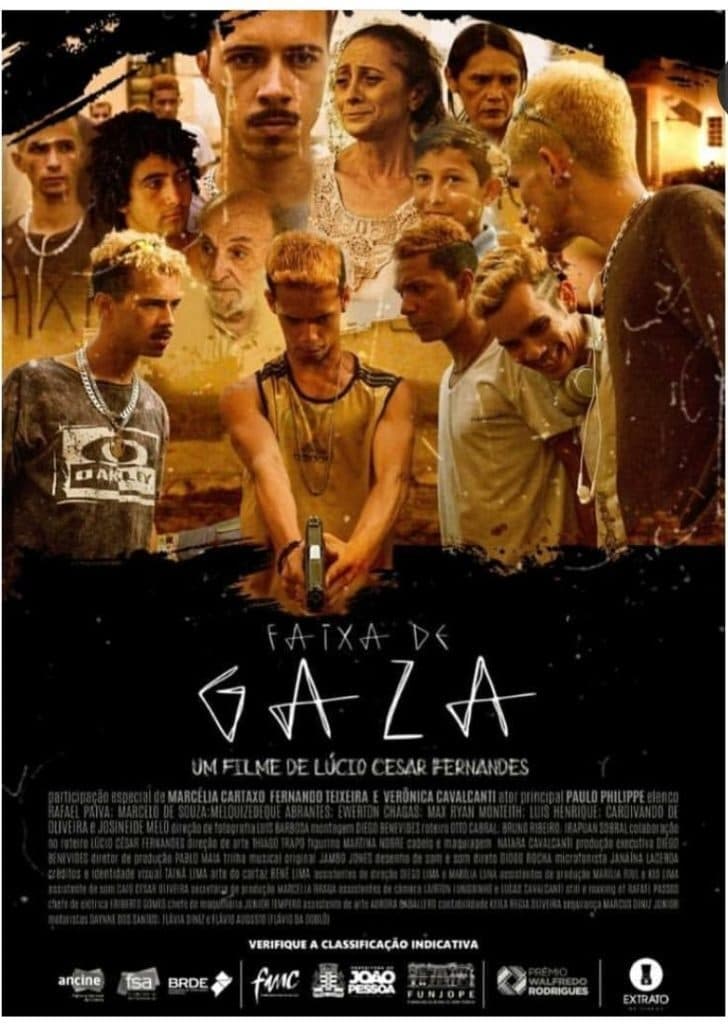
In a housing complex on the outskirts, Mago heads a band of young people enticing and committing crimes amid a war of factions reported by the radio waves. Nazaré and Naldin are faced with the violence of this conflict, as both are in the wrong place: the gaza strip.
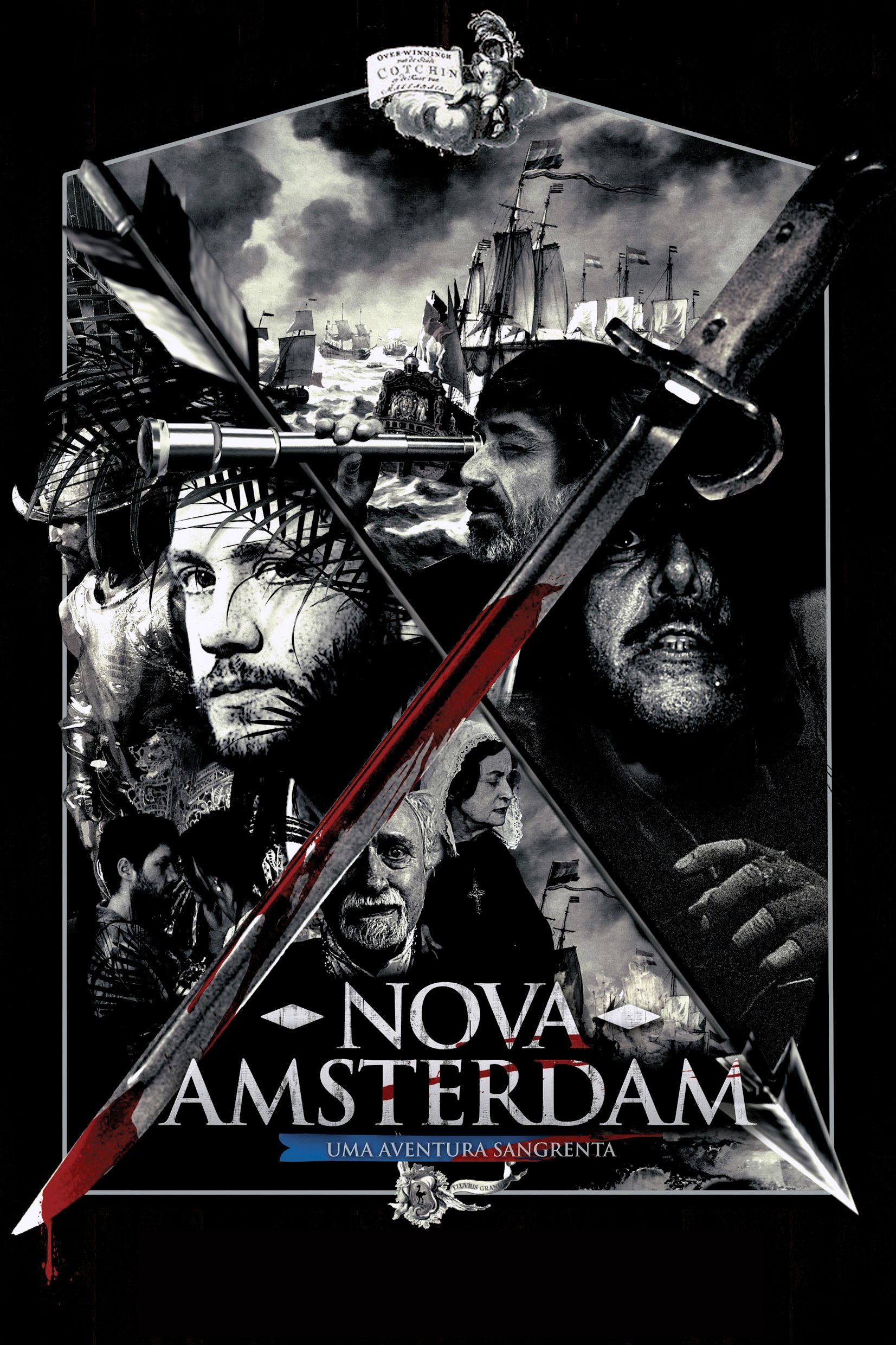
The arrival of the West Indian Companies to Natal in the XVII century is just the beginning of this violent story that pushes Bernarda and her family to run away from the city and from the invasion. In the Potengi Mill she meets the foreman's son Rafael and they immediately discover a passionate love. It will give them the force to try to survive during those violent years triggered by Jacob Rabbí, a German assigned by Prince John Maurice of Nassau to command the conquest.
Marcélia de Souza Cartaxo (Cajazeiras, October 27, 1963) is a Brazilian actress and director, who gained notoriety in the film A Hora da Estrela, based on the novel by Clarice Lispector. She has won several awards in her career, including two Grande Otelo awards, three Guarani Awards, a Kikito from the Gramado Festival, four Candango Trophies from the Brasília Festival, as well as the Silver Bear for best actress at the Berlin Film Festival.
By browsing this website, you accept our cookies policy.